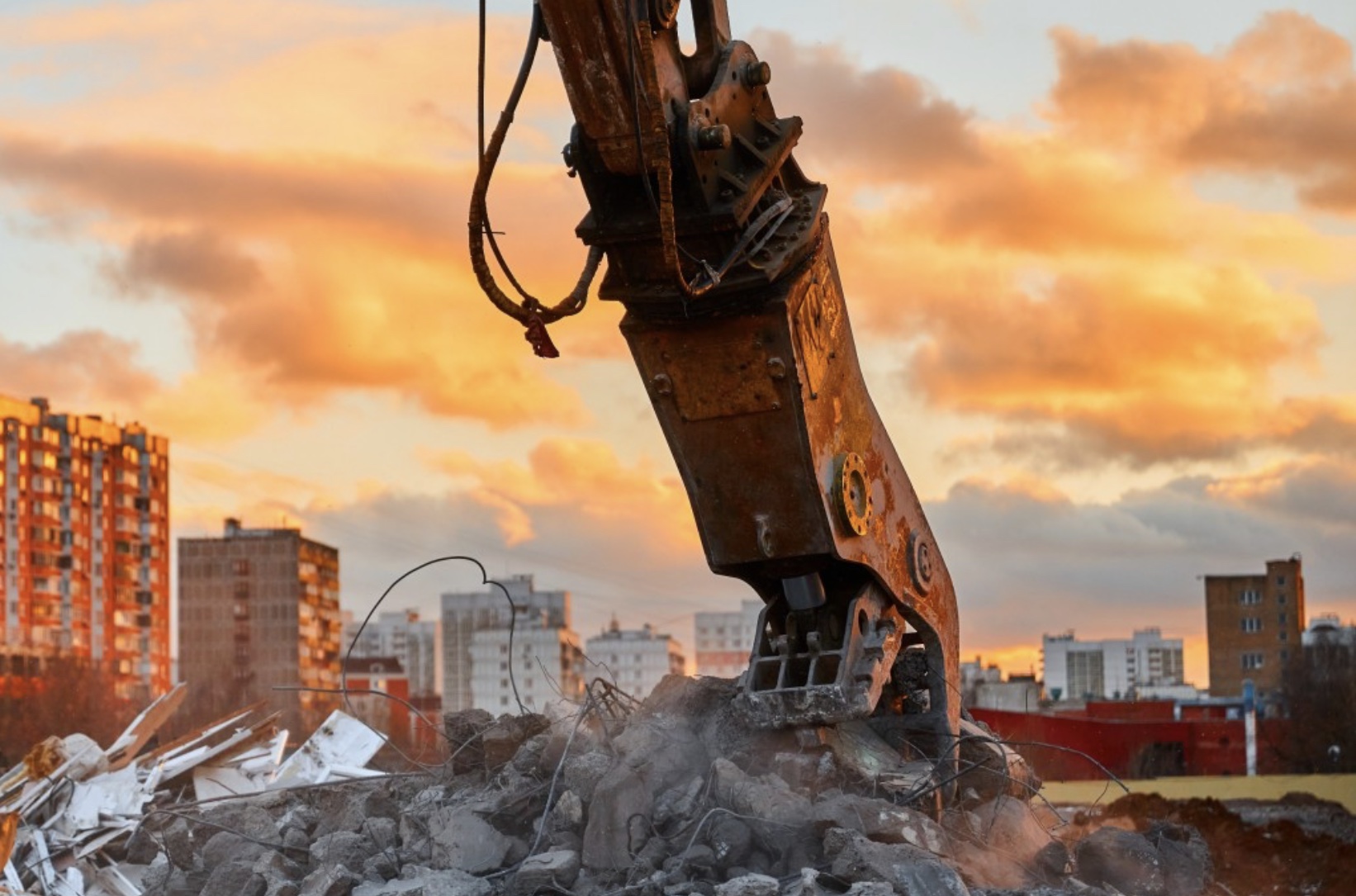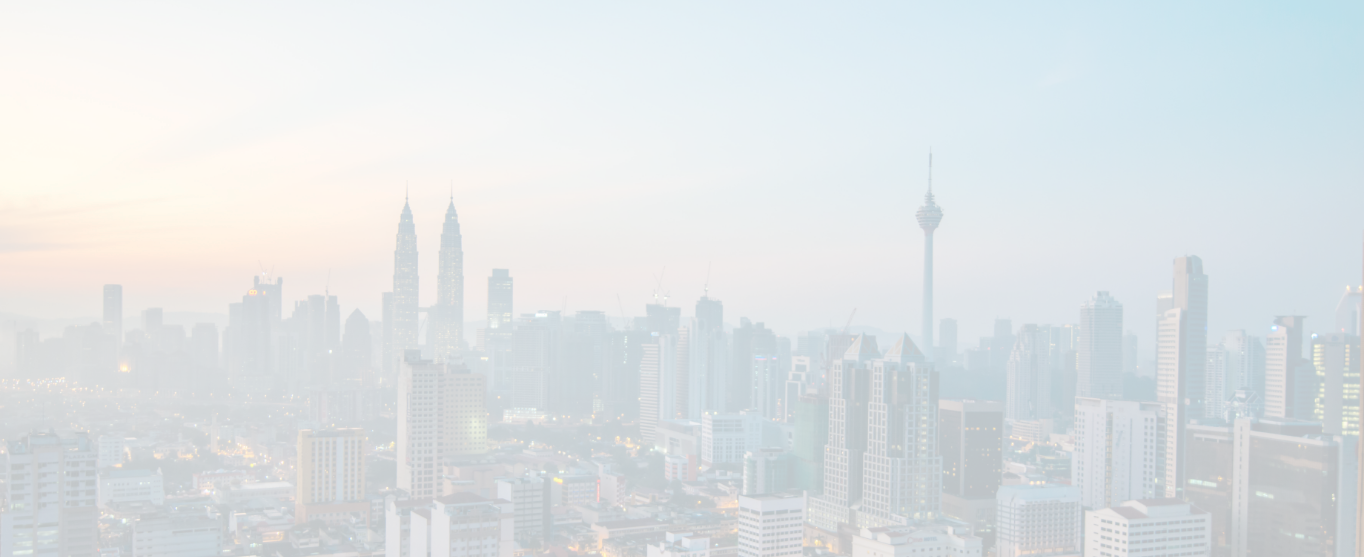DBKL identified 139 suitable sites for urban renewal
Contributed by: Sulaiman Saheh
In early September, the Ministry of Local Government Development announced that an Urban Renewal Implementation Guideline (GPP PSB) is being prepared as part of the government’s effort to introduce a new law to help promote and streamline urban renewal initiatives.
Expected to be tabled in Parliament at the end of 2024, this special law is anticipated to have a major impact on the national economy by paving the way to redevelop under-utilised and dilapidated areas which will then rekindle economic vibrancy.
The GPP PSB is being prepared under the Town and Country Planning Department through a Regulatory Impact Analysis (RIA) with the Malaysia Productivity Corporation (MPC). Before this, the lack of a standardised guideline resulted in urban renewal efforts being carried out through nine legislations that involved numerous ministries, departments and organisations.
Additionally, the governance of such initiatives varies by state and local authorities. The nine included the National Land Code, Town and Country Planning Act, Contracts Act and Land Acquisition Act.
Urban renewal, redevelopment or regeneration is essentially an initiative to address the neglect or decay of an area. This often involves eradicating a slum to give it a new lease of life – be it as a residential scheme, commercial or both – for a city to stay relevant and sustainable.
While there will be some opposition or protest to urban renewal initiatives because of sentimental or self-convenient reasons, success lies in the innovative and strategic approach when forming the redevelopment plans, with careful consideration given to the existing communities and economic activities.

